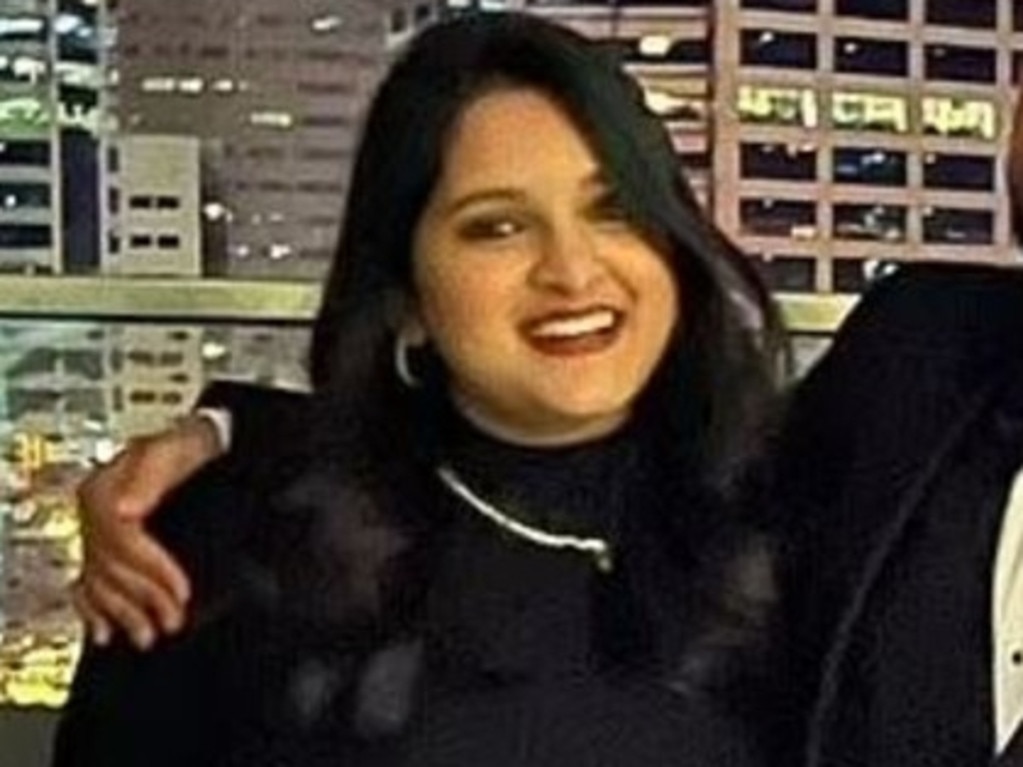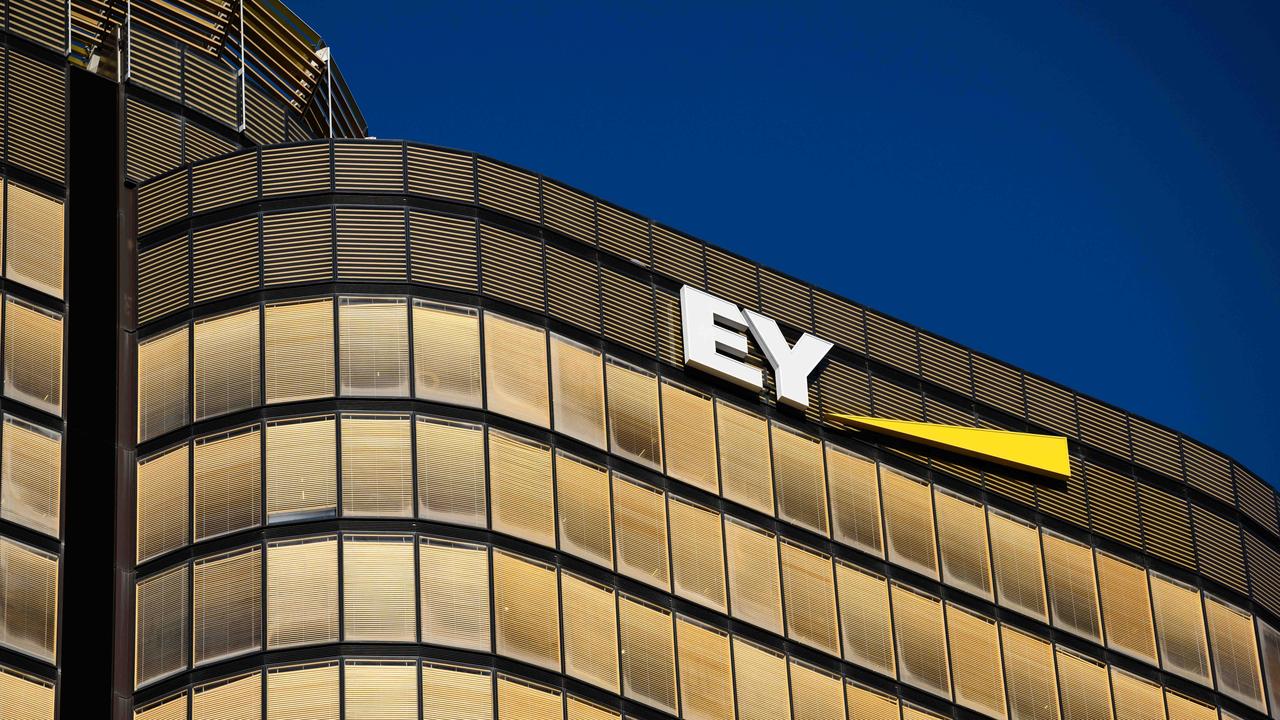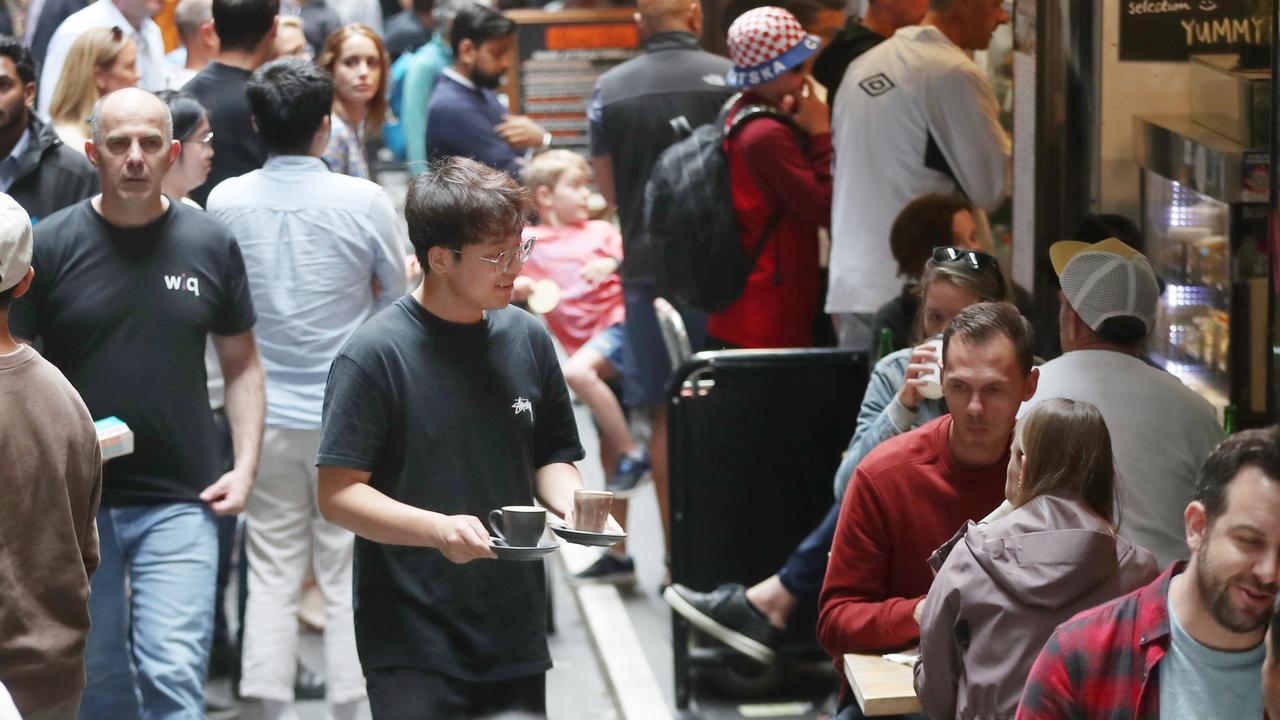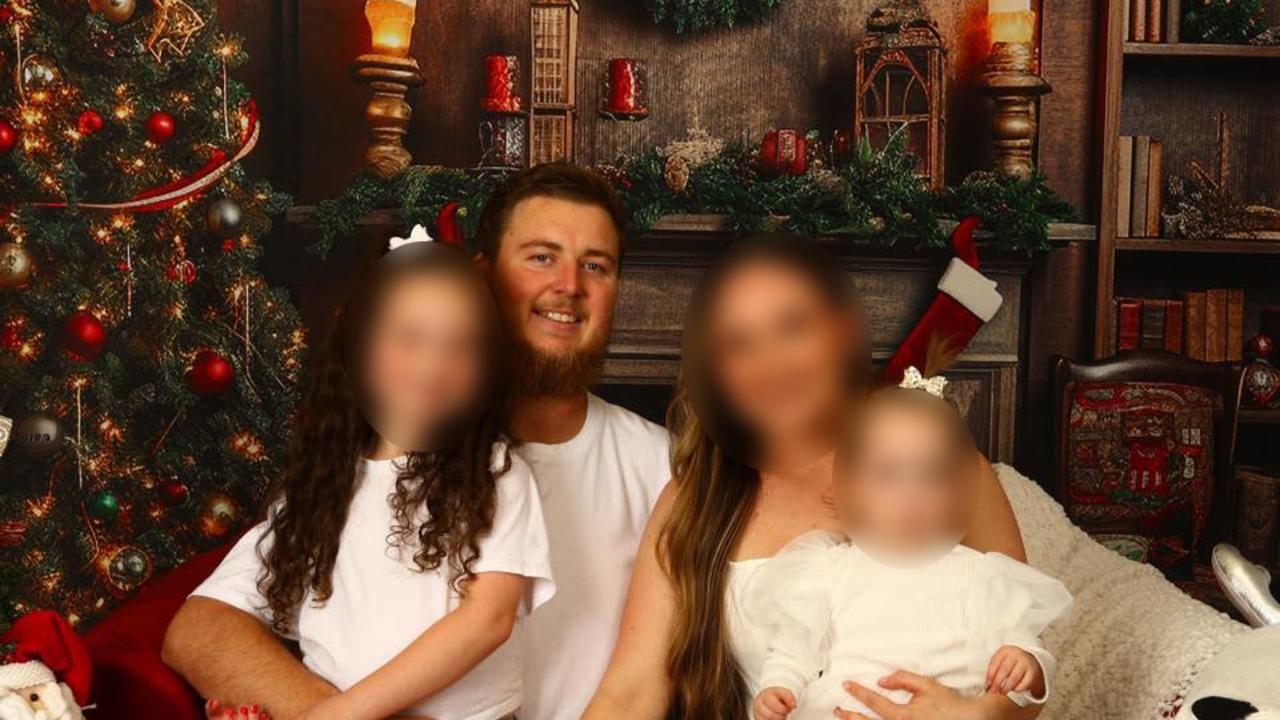Former Sydney Ernst & Young workers speak out about toxic culture and racism
After the tragic death of an EY worker at their Sydney offices, two former employees have revealed their shocking stories of working there.

Former Ernest & Young (EY) employees have shared their experiences of working at one of Australia’s top accounting firms, claiming that there is a toxic culture and incidents of racism.
EY made headlines recently after one of their employees was found dead at the Sydney CBD offices. The body of senior auditor and Indian national Aishwarya Venkatachalam, 27, was found in the early hours of Saturday, August 27, not long after she’d been at a work social event.
After Venkatachalam’s death, a friend said she’d been struggling with racism in Australia and mean work colleagues.
News.com.au is not suggesting the work culture at EY contributed to Aishwarya Venkatachalam’s death.
Want to stream your news? Flash lets you stream 25+ news channels in 1 place. New to Flash? Try 1 month free. Offer ends 31 October, 2022 >

Now, a 26-year-old former EY employee, a Chinese-Australian who worked in the consulting division of the company, said the teams were “cliquey”.
“The issue was we felt like there was a clique in the team. In a lot of these consulting firms, everyone lives in the Eastern suburbs, like Bondi, and it was quite apparent that the same people were getting on the same projects,” they said.
“Even young graduates below my year were getting a lot of opportunities with projects that I wasn’t able to get on.
“It could’ve been a timing issue, it’s partly timing, luck, but also networking. You have to be liked by certain senior leadership in the teams because they choose who they want on the projects.
“As a grad and you’re meant to train me up but you don’t want to put me on a project because I don’t have experience in an area when I’ve been here for two years.
“I thought the culture was toxic because it didn’t feel like everyone had an equal voice.”
Microaggressions and bias
The same former employee also talked about a pattern of ignorant attitudes and subtle acts of bias and microaggressions towards racially minoritised groups.
“I’ve witnessed it so many times where a white person doesn’t try to attempt to pronounce a non-white person’s name, especially when the person (saying the name) is a senior manager and part of the leadership within the team. It seemed like it wasn’t taken seriously.
“It’s a microaggression where they refuse to learn the pronunciation of the names that are more diverse or of minority or non-Anglo Saxon. It’s just rude because you can learn how to pronounce the names of your peers and colleagues.”

A study by BCM health into the mental health impacts of racial discrimination revealed that social exclusion and isolation add to psychological distress, and individuals who report high levels of racial discrimination experience higher risks of poor health in comparison to others who experience it infrequently.
The process of decoding and understanding the messaging behind these covert acts is burdening and confusing and can impact psychological, emotional and physical wellbeing, the study added.
“I felt like I didn’t get good opportunities or projects to work on. They also went to the same people who were non-BIPOC (black, Indigenous, people of colour) so the senior leadership would rarely venture outside their main group of people to give other people in the team exposure to the same work,” says a 25-year-old former employee, who’s Vietnamese-Australian and was also a part of the consulting division.
“ … there was clear favouritism and it’s hard not to feel bitter when you are stuck on projects that are scraps from other teams. Although I would raise it with my counsellors at EY, not much was actually done about it and I didn’t feel like I had the support.
“Since I rarely got to work with my own team, I didn’t feel valued or heard and they didn’t bother trying either. The onus was always on me to build that relationship and prove my worth, it was tiring.”
Work-life balance
“There are definitely people and departments in EY where it is expected they work certain hours, particularly audit, where during peak season they work crazy hours,” says the 26-year-old former employee.
“One of the real issues here is not being addressed which is that audit culture is toxic, they are overworked, they are stressed, all these things combined contribute.”
The 25 year old former employee adds: “I know other teams had a bad culture, like audit and tax, where they worked really long hours for months straight but got paid the least in the firm.
“ … I knew the opportunities I wanted wouldn’t be at EY, they didn’t value me enough and the culture wasn’t right for me.”
When approached by news.com.au about a toxic work culture and pattern of racism at EY, a spokeperson for the company said: “Since the recent tragic event in our Sydney office, we have been consulting with independent experts specialising in workplace culture, healthy work practices and psychological safety to shape the framework for a rigorous and wide-ranging review of EY Australia.
“We will shortly be announcing details of the firm engaged to undertake this review. We are fully committed to transparency with the findings and implementation of the review recommendations.
“EY’s leadership remains focused on supporting all our people in every way possible.
“We want to know what we need to learn and change to do better, as we continue our focus on EY being a diverse, inclusive and safe workplace. The findings of the independent review will help us do that.”
Katrina Trinh is a freelance writer.





